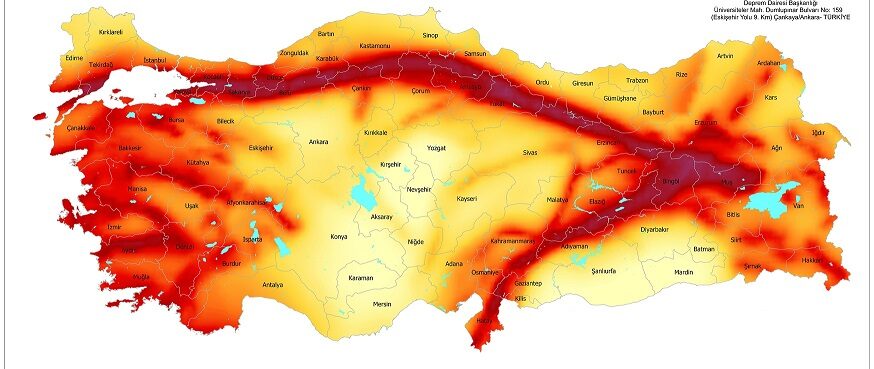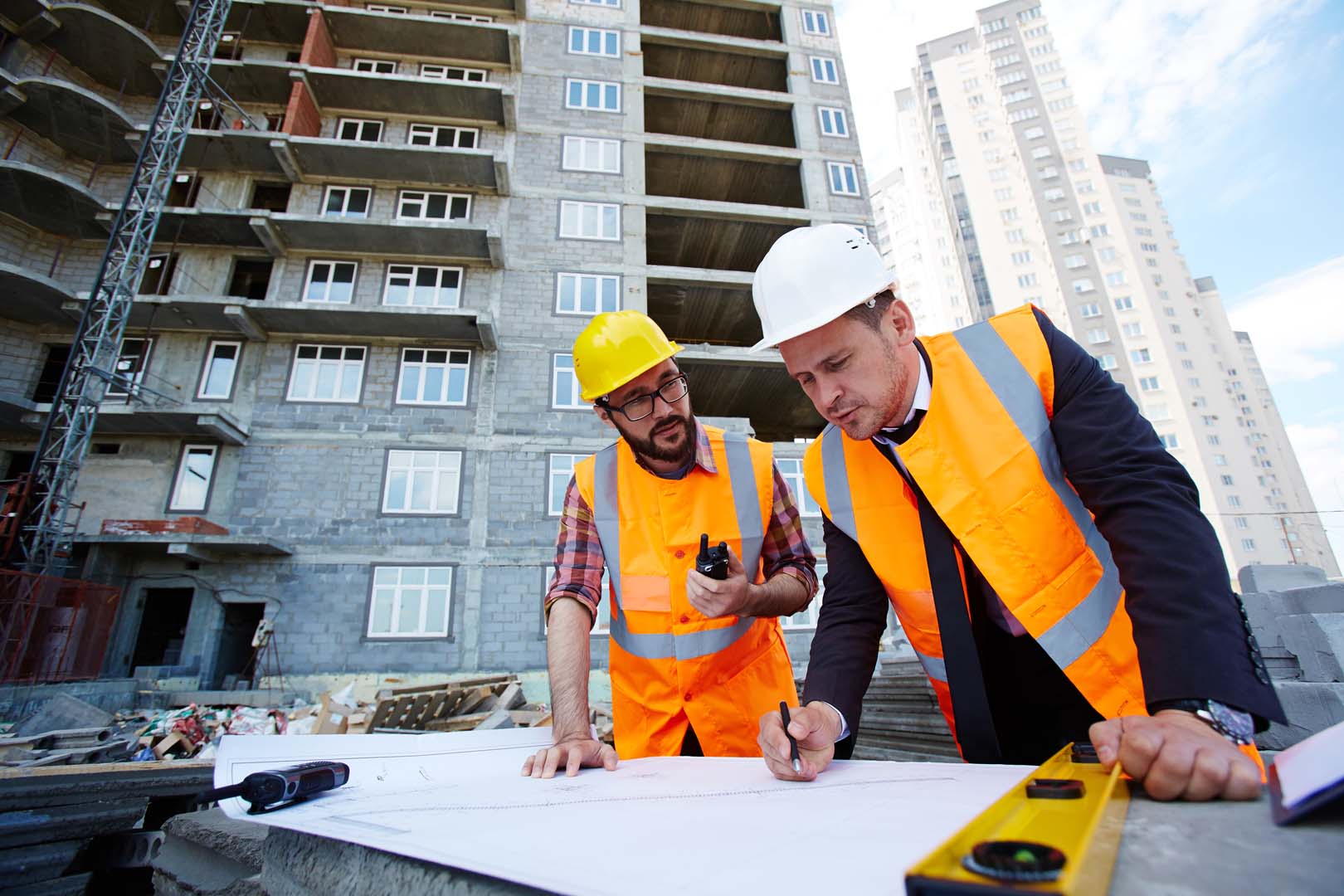Last Updated on 27/05/2023
On Monday, February, 6th 2023, the world woke up to terrifying news of a major earthquake in Turkey and Syria. Unfortunately, this incident caused thousands of deaths and engendered the collapse of many buildings. This sad incident brought us the idea to provide you with some instructions that might save your lives if you live in a seismically active region in any country in the world.
The challenge of earthquake in Turkey

Photo from www.jmo.org.tr
As amazing as Turkey is, it is regrettably also susceptible to earthquakes of all sizes, as demonstrated by the recent devastating 7.8-magnitude earthquake that struck the south of Turkey.
The country is characterized by seismic-active geology that has caused earthquakes in Turkey over time.
In Turkey, the 1999 Marmara earthquake received the most attention. However, the country’s geology has seismically active regions, which caused eventual earthquakes. As a result, the government established solid management to combat the risk of earthquakes in Turkey and to minimize their damage.
How to be prepared in case of an earthquake in Turkey

What you should take away from this is that you should always be ready for earthquakes no matter where you are, whether in Turkey or any other seismic-active country in the world. Here are a few easy instructions you can do to make sure you are as safe as possible in an emergency.
Check the resistance of your home
A map of Turkey’s earthquake-prone regions has been created by the Disaster and Emergency Advisory Board (AFAD), and anyone can search any place on the e-Devlet (e-Government) website to find out more about the risks associated with residing in particular areas or structures. You can also check in the local municipality whether your building has an earthquake safety certificate.
Moreover, we highly recommend foreign people willing to buy properties in Turkey seek trustworthy and renowned developers that strictly follow the earthquake management instructions. You can also collaborate with reliable real estate consultancies that only work with trusted construction companies.
Determine your safety zone at home or your workplace
In the past, experts used to admit that stairwells and doorways are the safest places in a building, however, this perception has recently come under scrutiny. It is now preferable to make “the triangle of life” by setting up a space near substantial furniture like a table, couch, or bed to cushion the probable fall of overhanging debris. Experts don’t advise to approach windows or display cases. Besides, the exterior walls and surrounding areas of buildings are among the most dangerous places to be. To reduce any nonstructural risks, it is wise to mount any bookcases or other possibly unstable furniture to the walls.
Make sure your phone is full of charge

Many of the victims of the recent earthquake in Turkey were rescued from under the rubble because they managed to contact the authorities and let them know their exact location. Additionally, a phone’s flashlight might be quite useful in an emergency as a sign. As a result, it is crucial to maintain them well-charged and accessible.
Prepare an accessible emergency bag
It’s a good idea to have a backpack on hand with a first aid kit, any required medication, a flashlight and extra batteries, water, nonperishable snacks, a change of clothes, and copies of your identity. Additionally, before you go to bed, make sure to put it in an easily accessible place.
Set a meeting location
In the event of a significant earthquake in Turkey, it is a good idea to select a specific location where friends and family can congregate. This location should be outside, well above sea level, and ideally close to your house or place of employment. In Turkey, there are several designated spaces in neighborhoods and establishments.
Strong management to reduce earthquake damages in Turkey

The Disaster and Emergency Management Authority of Turkey (AFAD), which houses the Earthquake Advisory Board (EAB), decided in 2010 to launch an “Earthquake Strategy Development Exercise” to identify the necessary tasks to develop policies, set priorities for protection from earthquakes and lessen their negative effects, suggest procedures to follow in the aftermath, and conduct research on earthquakes.
Only public organizations and bodies striving to lessen earthquake damage can increase the strategy document’s applicability. They can do this by adopting and implementing the initiatives included in their yearly agenda. Responsible Organizations prioritize their tasks according to what is specified in the strategy document while creating their annual work plans and budgets. In close collaboration with Associated Organizations, Responsible authorities carry out their studies and update all stakeholders every six months. Responsible Organizations prepares and submit their report to the Monitoring and Evaluation Commission after each term (six months).
Turkey’s earthquake presents a significant challenge, particularly for individuals who are thinking about investing in the real estate market. The MEO Consultants team conducts the required research to advise their clients on the most suitable and secure homes.
You can arrange a risk-free consultation for further information. Additionally, you can look at our services.




